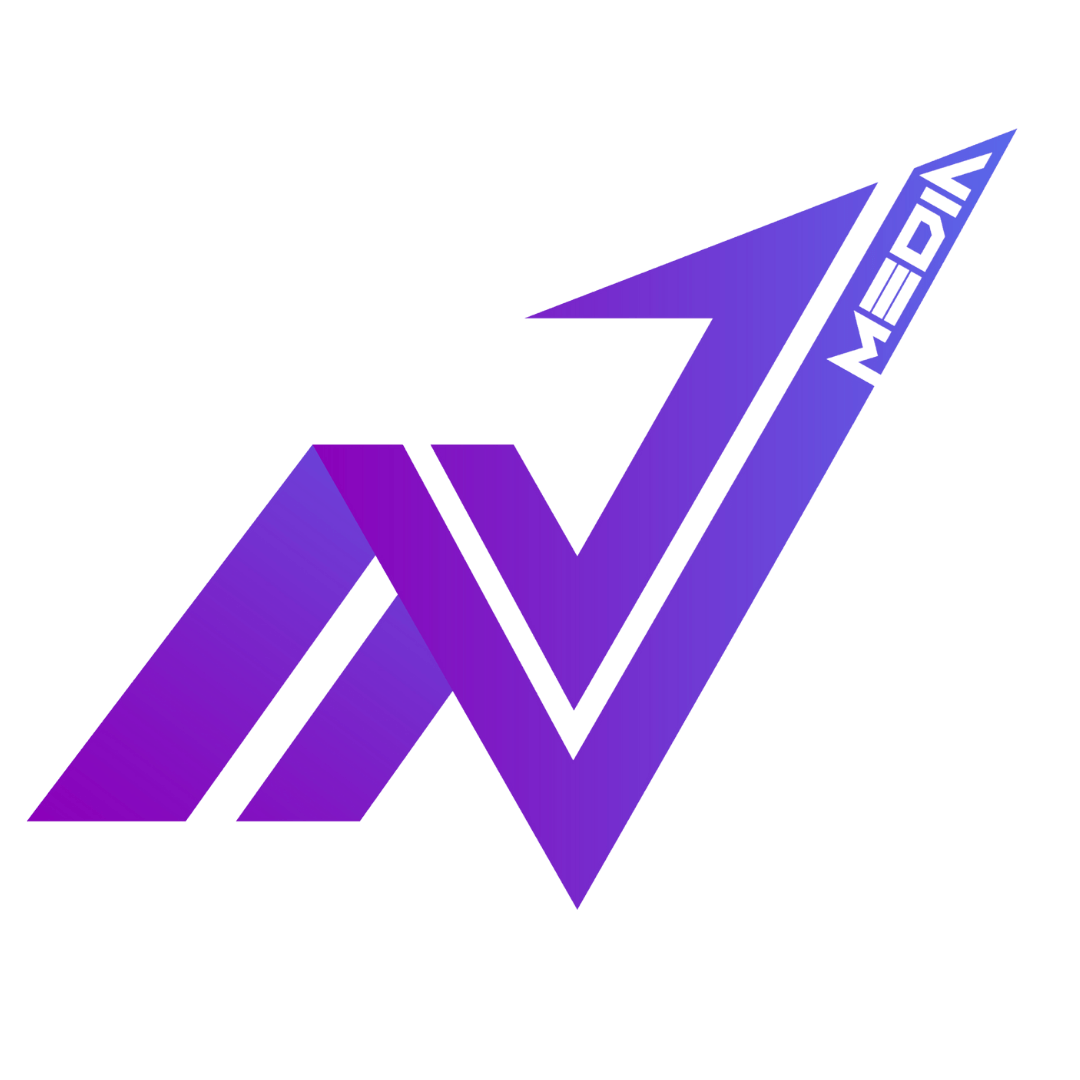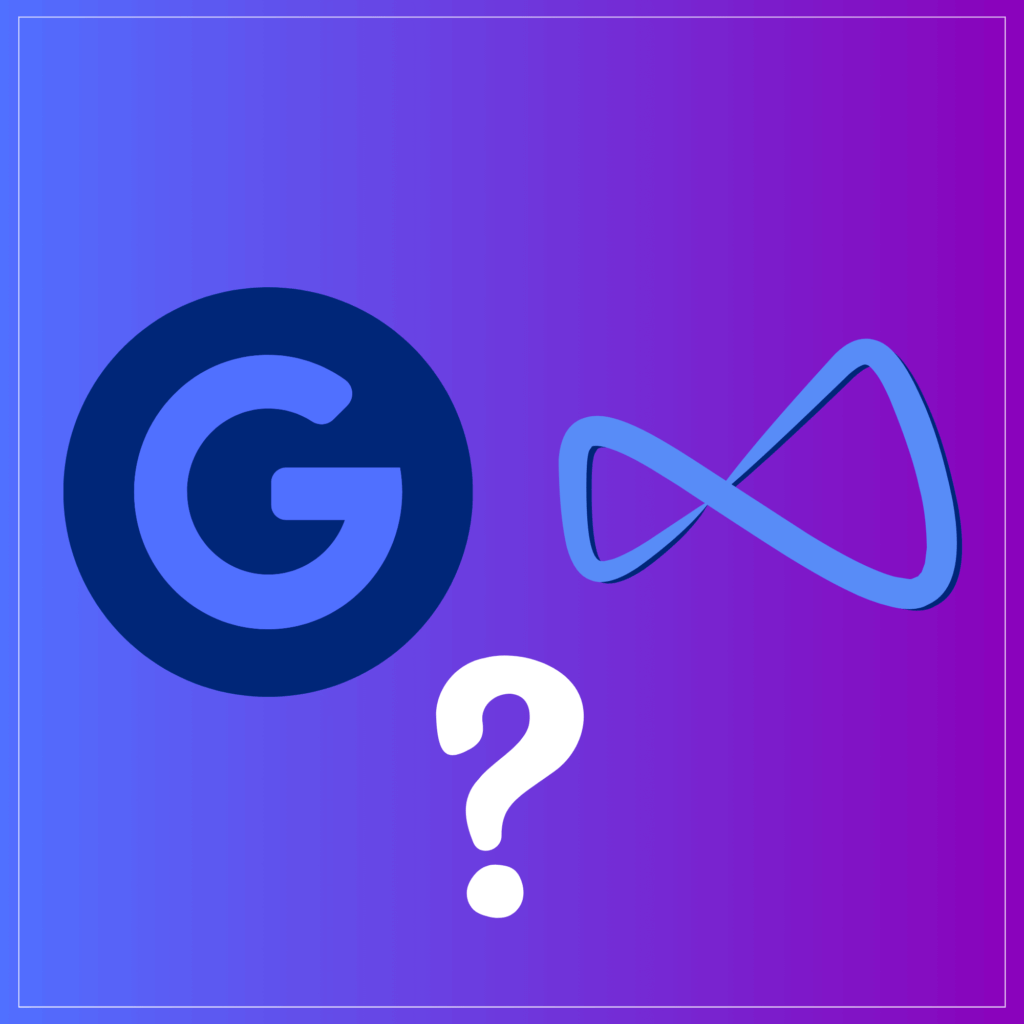Google Ads and Facebook Ads are two of the most prominent digital advertising platforms, each with its unique strengths and approaches to reaching audiences. Here is a synthesized comparison derived from various sources:
Platform Overviews:
- Google Ads: Developed by Google, it serves as an online advertising platform where advertisers bid to display brief advertisements, service offerings, product listings, or videos to web users. It is ideal for businesses whose audience is actively searching for the products or services they offer.
- Facebook Ads: This platform is used for paid social campaigns on Facebook, focusing on users who may not be actively searching for a product but can be engaged based on their interests and online behavior.
Audience and Intent:
- Google Ads: Targets users with active buying intent. Ads appear when users search for relevant keywords, increasing the likelihood of conversions since users are often prepared to make a purchase.
- Facebook Ads: Targets users based on demographic data, interests, behaviors, and more, without the active intent of immediate purchase. It is excellent for increasing brand awareness and can engage users who may need the product at a later time.
Cost and Engagement:
- Google Ads: Generally has a higher cost-per-click (CPC) but offers a higher click-through rate (CTR), which can lead to more purchases. Although the conversion rate may be lower than Facebook’s, the immediate return on investment can be more apparent due to the purchase-ready nature of the audience.
- Facebook Ads: Offers a slightly lower CPC and excels in audience engagement, with more exposure and clicks for lower costs. However, converting leads usually takes more time compared to Google Ads.
Ad Formats and Creativity:
- Google Ads: More text-based with options like text-only ads, call-only ads, shopping ads, and banner ads. While it does offer some visual ad types, it lacks options like carousel ads which can be very engaging.
- Facebook Ads: More visually oriented, allowing advertisers to create engaging visuals like images and videos within various ad types and placements, including user feeds, stories, and even on Instagram and Messenger.
Ease of Use and Customer Service:
- Google Ads: Can be more challenging to navigate initially due to its data-heavy interface but becomes easier as users become accustomed to it. It offers phone support and has a reputation for proactive customer service.
- Facebook Ads: More beginner-friendly at first, but mastering the platform’s advanced features can be complex due to constant changes and the variety of ad types and targeting options.
Targeting Capabilities:
- Google Ads: Focuses mostly on keyword searches for audience targeting, with some demographic-based options available.
- Facebook Ads: Known for advanced granular targeting, using detailed demographic data, user interests, and behaviors, as well as the “lookalike audience” feature.
Audience Size and Platform Strength:
- Google Ads: With billions of daily search queries, it has an unmatched audience size and is essential for reaching users actively looking for specific products or services.
- Facebook Ads: Boasts 1.59 billion daily active users and is better for brand awareness, with a significant portion of marketers reporting higher audience engagement on Facebook compared to Google.
Best Use Cases:
- Google Ads: Better suited for high-cost products and services, and for retargeting ads due to its active search-based audience targeting.
- Facebook Ads: Works best for lower-cost products and items with a social component, where engagement and brand presence are crucial.
In conclusion, while Google Ads is search-oriented and best for capturing users with immediate purchase intent, Facebook Ads excels in building brand awareness and targeting based on detailed audience data. Businesses can benefit from using these platforms in tandem, introducing their brand on Facebook and converting on Google. However, the choice between the two depends on specific business goals, audience characteristics, and budget considerations.



